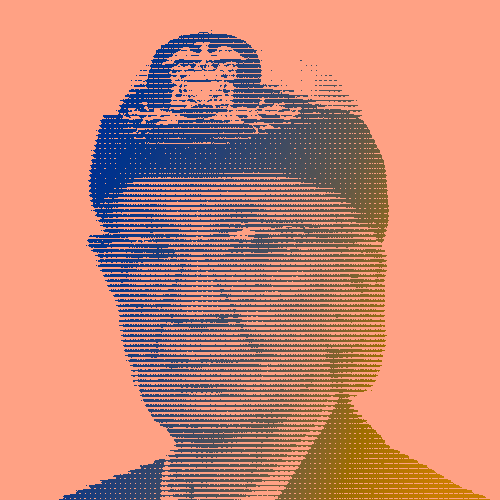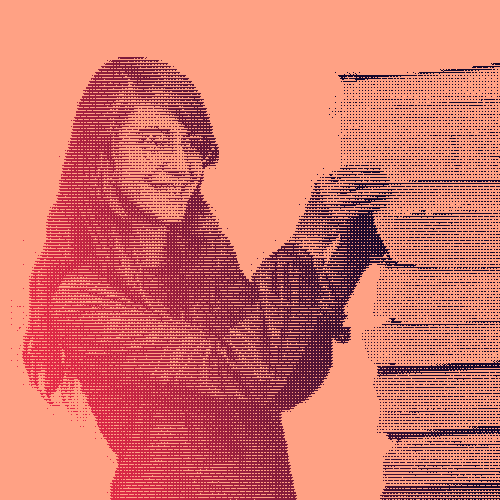Grace Brewster Murray Hopper (1906–1992) was an American computer scientist and Navy Rear Admiral with many strings to her bow. These included devising the theory of machine-independent programming languages and the foundations of COBOL, the first standardized general business computer language.
Upon receiving a Ph.D. in mathematics from Yale University, Hopper became a professor of mathematics at Vassar College. When World War II was declared, she wanted to enlist in the Navy — but was refused. So, she joined the Navy Reserves instead. Her computing career began in 1944 when she worked on the team managing Mark I, the first large-scale automatic calculator (precursor of electronic computers) used during World War II.
The Birth of Computer Programming
In 1949, she joined the Eckert–Mauchly Computer Corporation and helped develop the first known large-scale electronic computer UNIVAC I. In 1952, her programming team added the finishing touches to the first computer language “compiler” called A-0. Before compilers, programming code was machine-specific, making it cumbersome to distribute and write. Compilers enabled “machine-independent” software, meaning programs could be written and used on multiple machines.
“One accurate measurement is worth a thousand expert opinions.”
New Languages for a New Era
Known as irreverent, sharp-tongued, and brilliant, Hopper was convinced that she could further simplify programming by creating a language based on English. As the head of Eckert–Mauchly’s automatic programming department, Hopper led the release of the first English-command language Flow-Matic. She also later contributed to creation and promotion of COBOL, a standardized business computer language still widely used in applications based on mainframe computers like transaction processing jobs.
She twice retired from the Navy, once in 1966 and again in 1971. But each time she was called back to active duty. She finally retired in 1986 and started working as a consultant for Digital Equipment Corporation.
During her lifetime, Hopper amassed 40 honorary degrees, as well as the National Medal of Technology and (posthumously) the Presidential Medal of Freedom.
Key Dates
-
1944
The First Computer-Generated Gunnery Tables
Hopper uses Mark I to calculate gunnery tables needed by the Navy to fire accurately, taking account of conditions such as wind speed and air density.
-
1952
The World's First Ever Compiler
Grace Hopper and her team create the A-O (Arithmetic Language version 0), the world’s first compiler for electronic computers.
-
1955
The First English-like Data Processing Language
Hopper starts working on Flow-Matic, originally known as B-0 (Business Language version 0), the first English-like data processing language.




